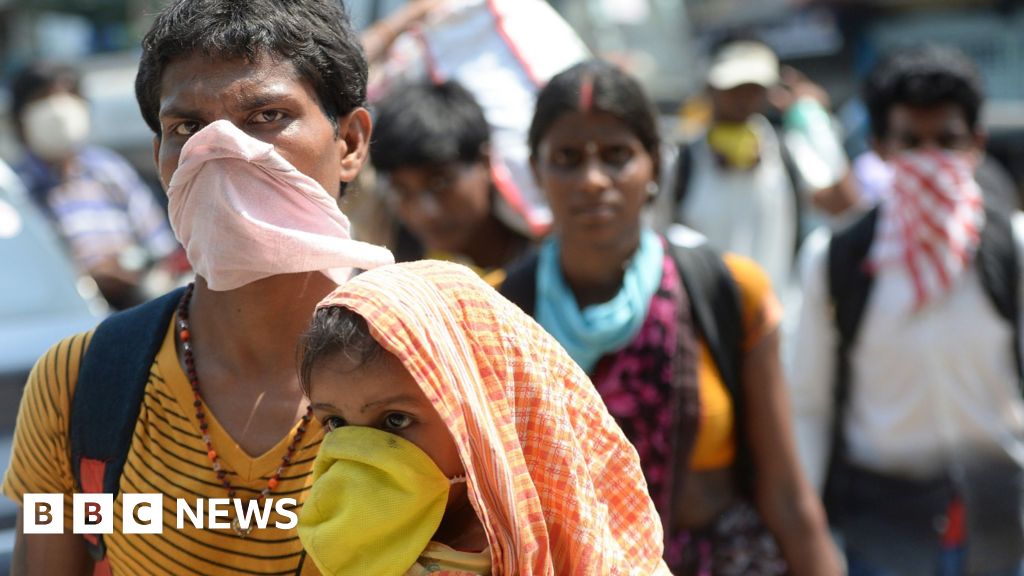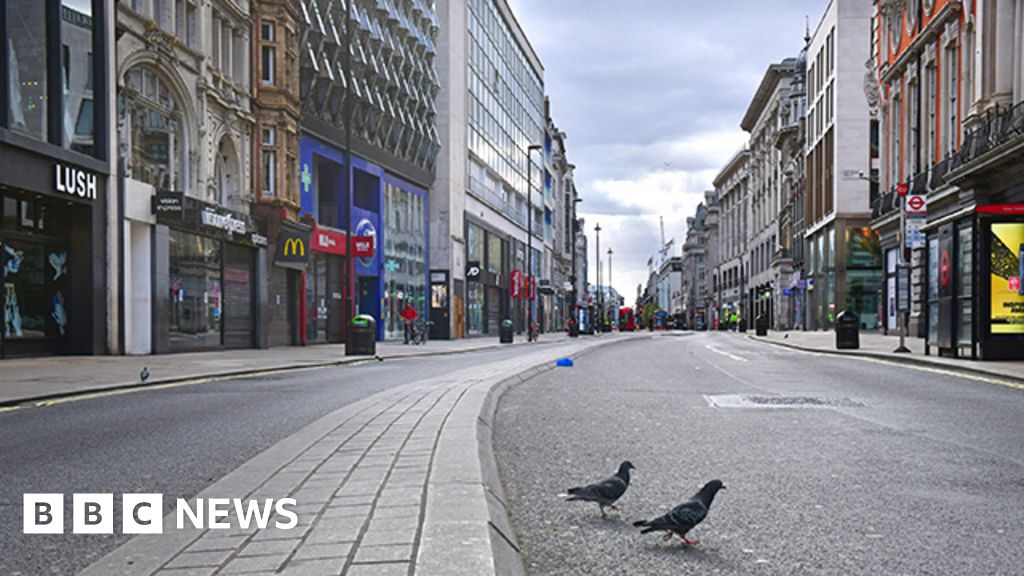

The country is also experiencing a food shortage, with the importation and internal distribution of food, fertilizer, farming equipment, and humanitarian aid severely restricted. North Korea’s zero Covid-19 policy has precipitated secondary health and food crises, with supplies of imported medications drying up, routine immunization programs facing stock-outs, and sick people prohibited from traveling domestically to access hospitals.

The lockdown has precipitated the exit of almost all UN technical experts and senior managers, who would be needed at some level to oversee the delivery of vaccines in the event that North Korea accepts any in the future. If a mass outbreak occurs, there will be no short-term solutions. North Korea’s population, with no immunity from infection or vaccination, is exceedingly vulnerable to the virus. Presumably, the main impetus for the lockdown is the country’s vulnerability, as its fragile healthcare system is not equipped to deal with a Covid-19 outbreak. The country is one of two in the world (in addition to Eritrea) that has not begun a Covid-19 vaccination initiative, despite multiple offers from the global vaccination program COVAX. It claims this has enabled the country to remain Covid-free. North Korea has instituted a “zero Covid-19 policy” involving border lockdowns and quarantine measures since January 2020. The meeting took place under Chatham House Rule on a not-for-attribution basis.

The group also examined North Korea’s path going forward, the possibility of an easing of restrictions, and the feasibility of humanitarian aid policies to North Korea. The group discussed what is known about the current situation, the primary and secondary effects of the border lockdown, and the broader impact on North Korean society and markets. North Korea’s Covid Lockdown: Current Status and Road AheadĬSIS hosted a panel of experts for a discussion of the impact of the Covid-19 pandemic on North Korea. A high-volume humanitarian package proposal (e.g., 80 to 100 percent coverage with mRNA vaccines) to entice North Korea’s opening is untested and operationally feasible but would face political obstacles, monitoring concerns, North Korean “forum-shopping,” and North Korean resistance to linkage to denuclearization negotiations.The global proliferation of anti-virals and.The easing of pandemic restrictions by China and South Korea after the Omicron wave.A closing window of opportunity to receive aid as high levels of vaccination globally lead to a managed endemic situation.Several factors could shift North Korea to ease its lockdown, including:.The regime may manage ongoing health and food crises through small and sporadic openings of the sort that occurred last fall and early this year, with the release of some shipments of humanitarian aid and a limited resumption of trade with China.North Korea can, and will most likely choose to, endure a continued lockdown.The lockdown creates an added impediment to denuclearization talks, which have been stalled since 2019.The combined effects of the lockdown, continued UN sanctions, and severe weather caused North Korea’s economy to contract by 4.5 percent in 2020, the worst decline since the great famine of the 1990s.North Korea’s zero Covid-19 policy has precipitated secondary health and food crises.The country is one of two in the world that has not begun a Covid-19 vaccination initiative. North Korea has instituted a “zero Covid-19 policy,” involving border lockdowns and quarantine measures, that it claims has enabled the country to remain Covid-free.Responding to Egregious Human Rights Abuses.Building Sustainable and Inclusive Democracy.Family Planning, Maternal and Child Health, and Immunizations.Energy, Climate Change, and Environmental Impacts.Weapons of Mass Destruction Proliferation.Defense Industry, Acquisition, and Innovation.Intelligence, Surveillance, and Privacy.


 0 kommentar(er)
0 kommentar(er)
